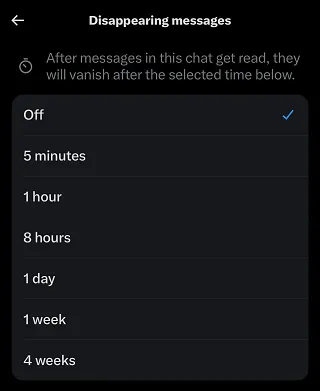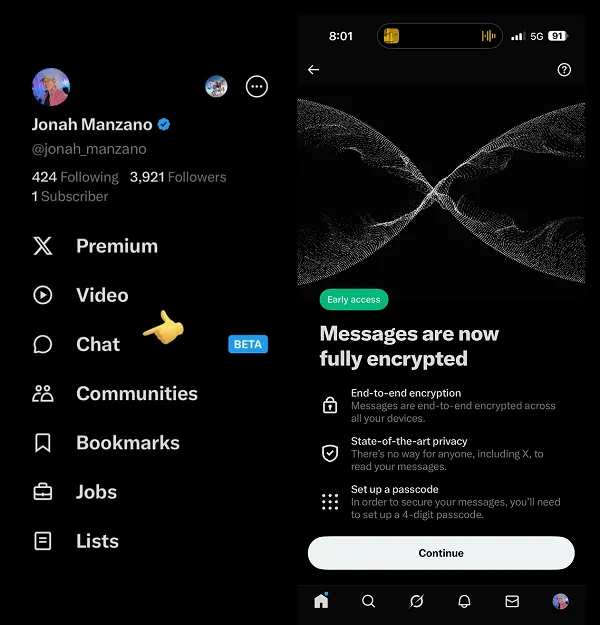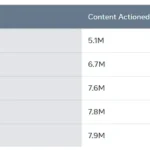XChat is X’s much-improved in-app messaging system—built to rival WhatsApp, Telegram, and Signal. Launched in beta, it brings a suite of modern features including disappearing messages, encrypted communication, and no-phone-number audio/video calls.
Elon musk confirms.
What sets XChat apart?
| Function | Standard DMs | XChat |
|---|---|---|
| Disappearing messages | ❌ | ✅ |
| Unsend messages | ❌ | ✅ |
| Share any file | ❌ | ✅ |
| Audio/video calls | ❌ | ✅ |
| Phone number needed | ✅ | ❌ |
| Encryption | Minimal | “Bitcoin-style”, built in Rust |
- Disappearing & unsend: Messages can vanish after reading or be retracted by the sender.
- File sharing: Users can send PDFs, docs, images, audio clips—any file they choose.
- Audio/video calls: Call directly over X without using phone numbers.
- Encryption: Elon Musk claims XChat uses “Bitcoin-style encryption” built in Rust
- though experts note the messaging method hasn’t yet been confirmed to offer true end-to-end encryption .
Privacy & transparency concerns

While XChat stores messages encrypted on its servers and claims they decrypt only on delivery, there’s no public evidence of end-to-end encryption (E2EE). Without E2EE, X—or any legal authority—could access messages. Experts caution that “Bitcoin-style” cryptography isn’t the same as secure E2EE that apps like Signal use .
Who benefits from XChat?
XChat supports both free and paid (X Premium) users, though some enhanced features may require a subscription. Content creators, brands, and marketers could leverage it for customer support, private group chats, or more organized conversations. Musk’s roadmap hints at potential integrations like AI-powered Grok bots.
Why this matters
Built into X itself, XChat centralizes social posts, private messages, and calls—eliminating the need for separate apps. Musk’s ultimate goal is an “everything app” similar to WeChat, incorporating messaging, banking, dating, and more.




